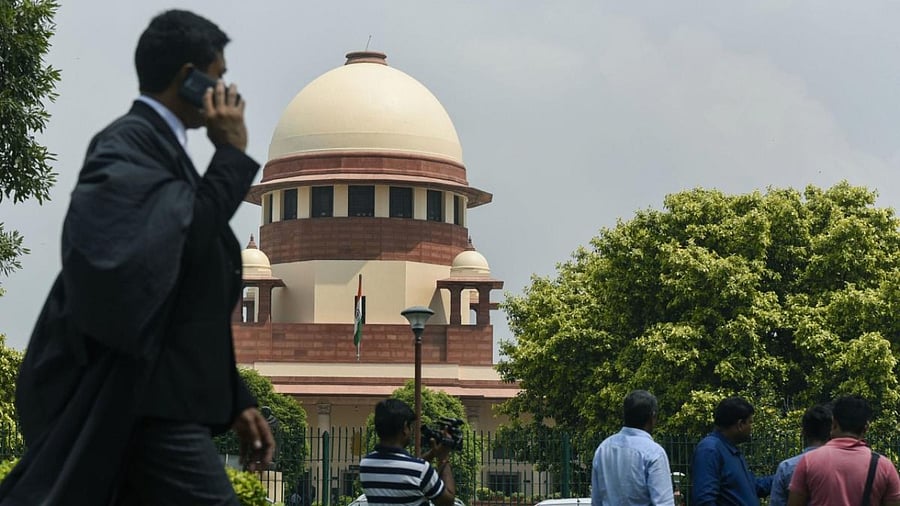
The Supreme Court on Monday said state governments should take more steps to promote education and establish institutes for the upliftment of socially and educationally backward classes.
The top court observed that affirmative action cannot be limited to just reservation.
A five-judge Constitution bench presided over by Justice Ashok Bhushan and comprising Justices L Nageswara Rao, S Abdul Nazeer, Hemant Gupta and S Ravindra Bhat made the oral observations while hearing of a batch of petitions against the validity of 2018 Maharashtra law granting reservation to Marathas in education and jobs.
"Why not promote education and establish more institutes, eventually things have to beyond reservation. Affirmative action is not just reservation. There has to be something more," the bench said.
Senior advocate Kapil Sibal, representing the Jharkhand government, said the court should leave it to states and the central government, the query in connection with the affirmative action and the way forward.
He said there isn’t any straight formula for implementing reservation uniformly, as it differs from state to state in the country depending on the population.
Sibal cited statistics regarding OBCs and SC/STs in government jobs and vacancies. Establishing more institutes involved financial resources of the state. The Indra Sawhney (Mandal Commission case) was decided in tumultuous times, as the nation was looking for peace. Sibal said it was a balancing act and not a judicial exercise.
The court earlier sought a response from all states whether the 1992 verdict in Indra Sawhney case, capping reservation at 50 per cent, should be examined by a larger bench “in the light of subsequent Constitutional amendments, judgments and changed social dynamics of the society”.
Earlier, senior advocate P S Patwalia, representing the Maharashtra government, submitted that issue of Maratha reservation is a “burning issue” and a big social issue in the state. The apex court will continue to hear the arguments in the matter on Tuesday.

